Harmful Cancer-Causing Chemicals Detected In Hup Seng Cream Crackers, Might Affect Male Fertility
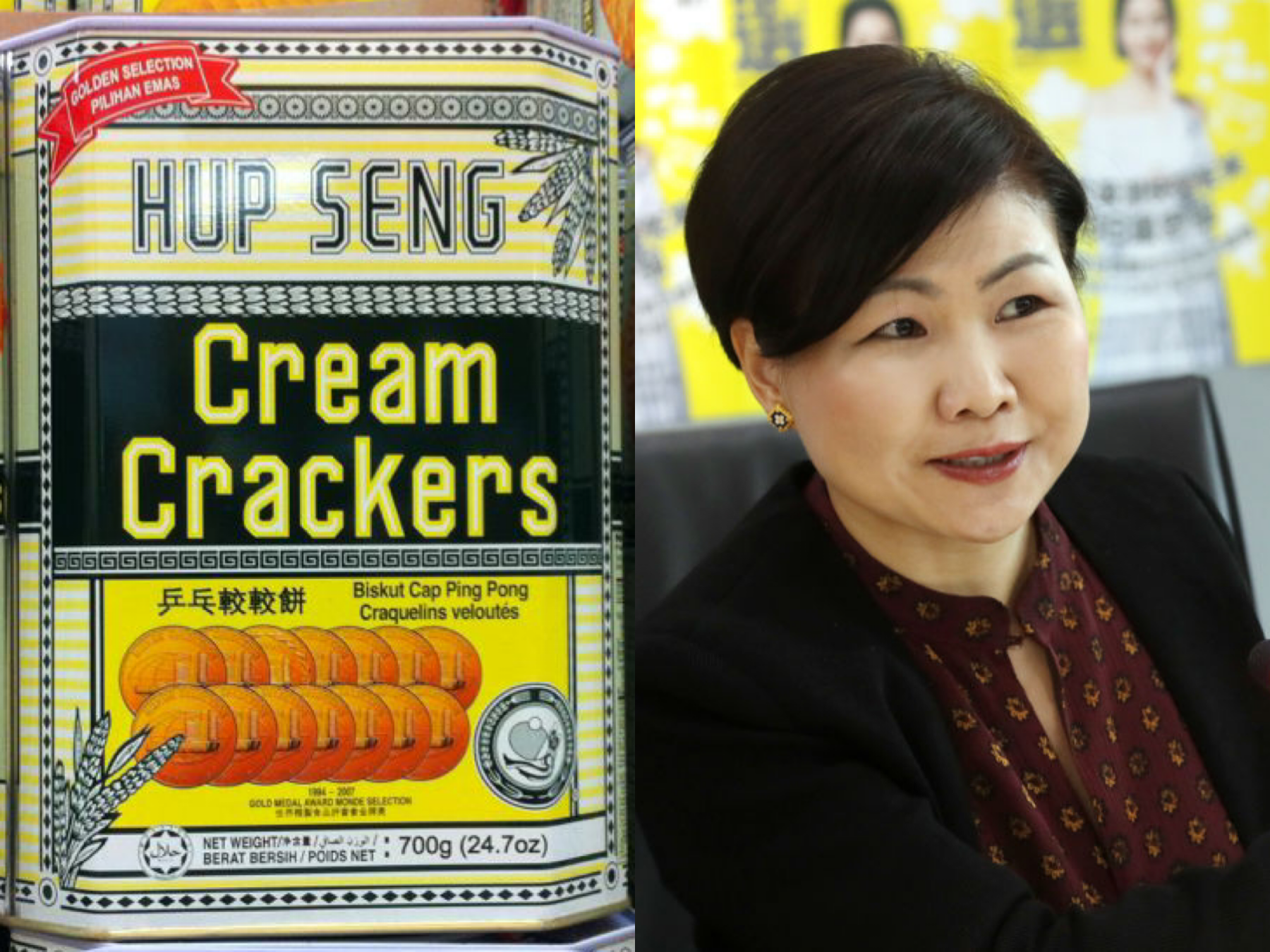 Thirsty for JUICE content? Quench your cravings on our Instagram, TikTok and WhatsApp
Thirsty for JUICE content? Quench your cravings on our Instagram, TikTok and WhatsApp
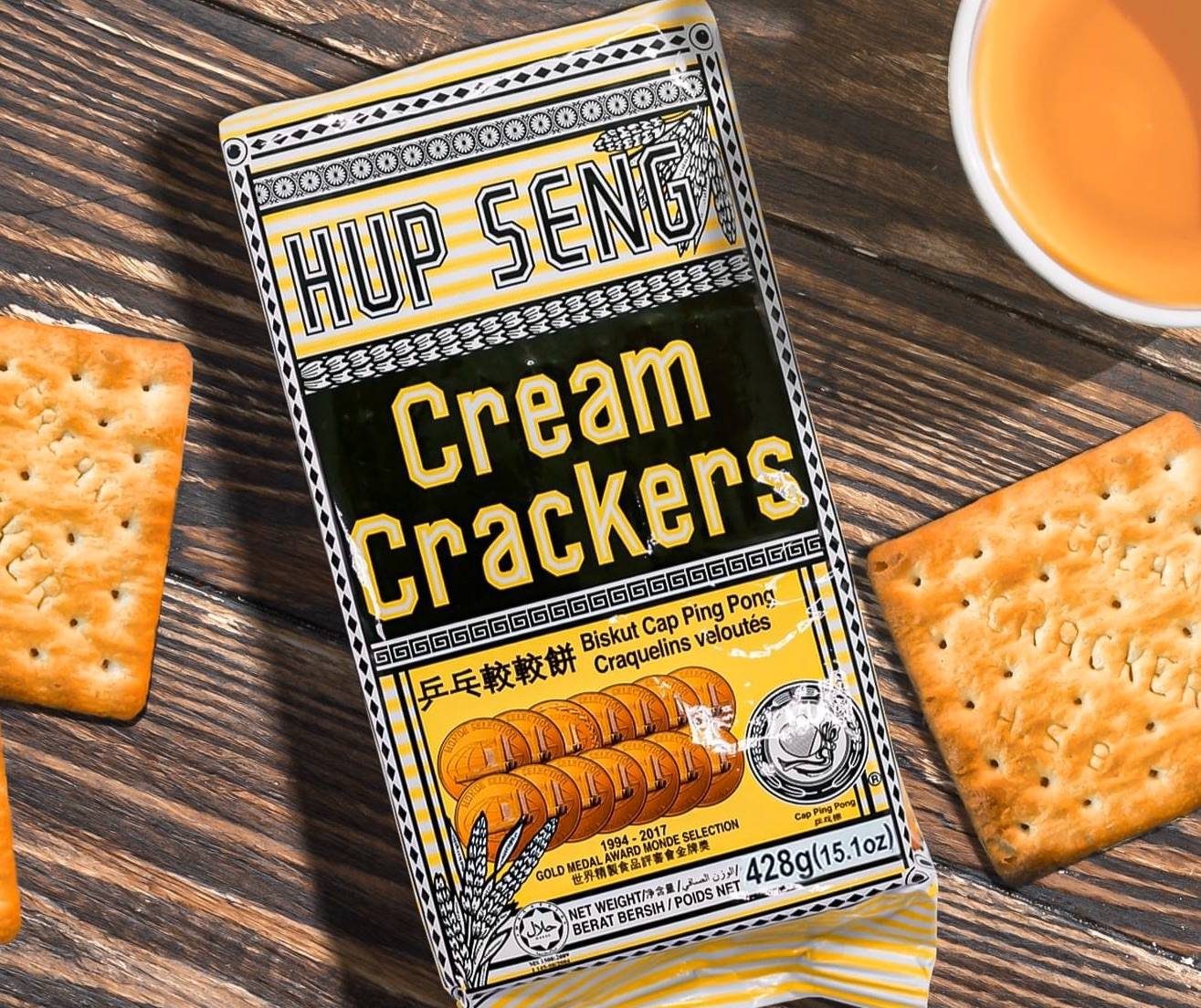
Remember these biscuits? Every Asian household has a stash of Hup Seng Special Cream Crackers and we all grew up eating them. But it might be time to toss those out and stop restocking your inventory..
It was recently reported that cancer-causing substances have been detected in their pre-packaged samples.
The Hong Kong Consumer Council’s watchdog found carcinogens in popular products such as the Special Cream Crackers and Oreo Mini.
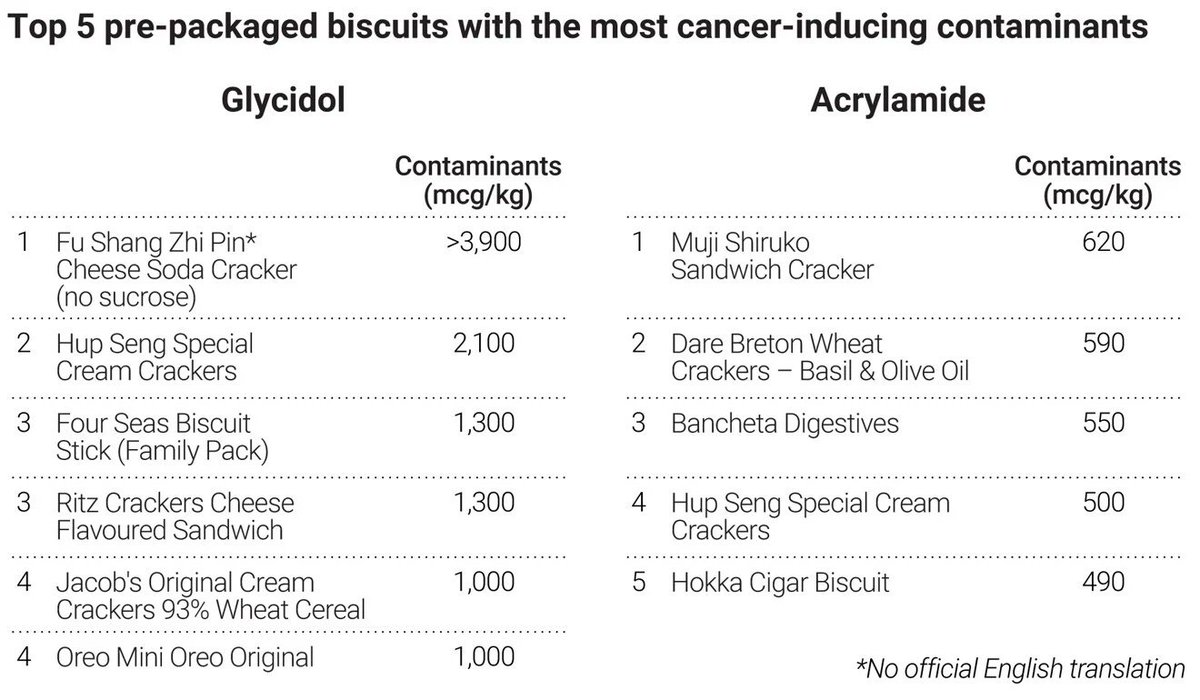
The carcinogens found were glycidol, and/or acrylamide, which cause our central nervous systems to fall into depression and is known to cause cancer.
The Hong Kong Consumer Council says glycidol and acrylamide are produced in high-temperature processing of biscuits.
Muji Shiruko Sandwich Cracker had 620 mcg/kg of acrylamide, which is almost double the safe limit.
“We believe these kinds of contaminants are possible to avoid because according to our findings, some of the ingredients in these biscuits are palm oil,” the council says.
Palm oil refined at high temperatures carries potential carcinogenic risks, according to the European Food Safety Authority (EFSA).
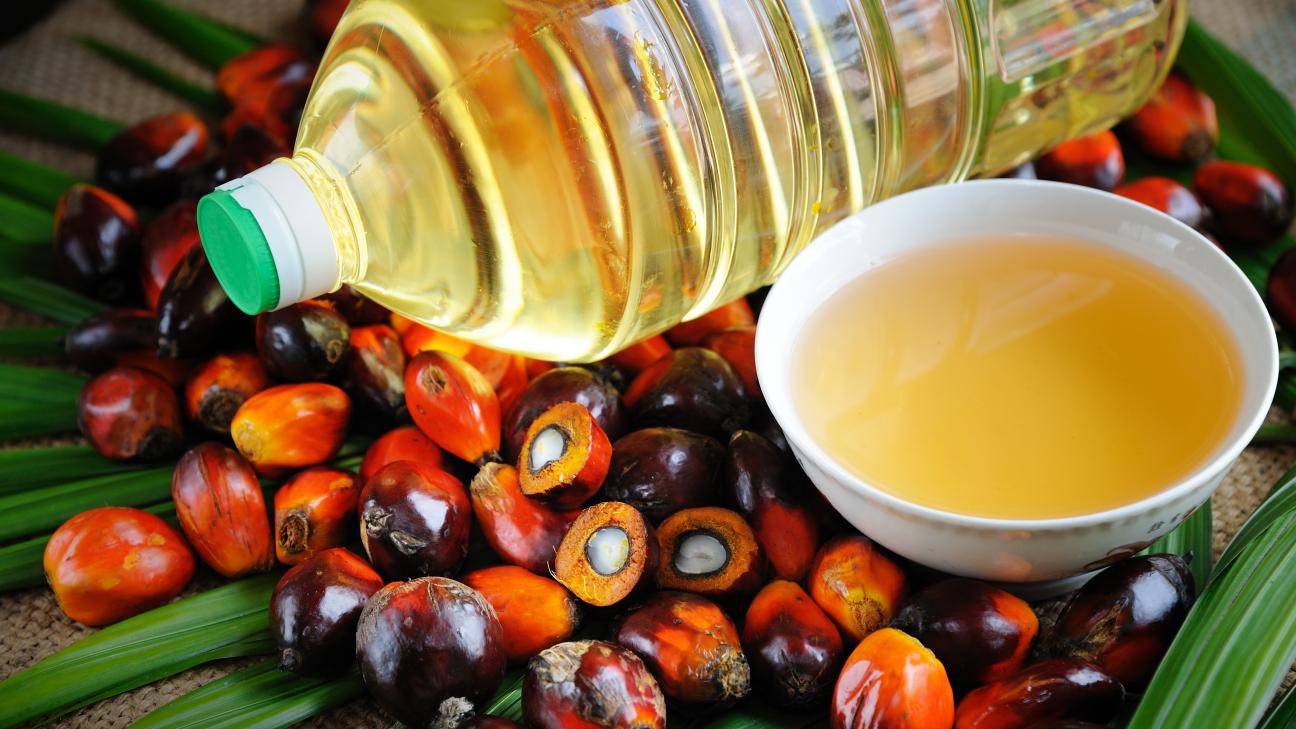
Fifty-six of the samples were found to contain 3-monochloropropane (MCPD), which can affect the kidneys and male fertility.
EFSA recommends the daily intake of the contaminant should not be more than 120mcg for a 60kg adult. But some of the sampled biscuits had 2,000mcg of 3-MCPD for every kilogram.
“For consumers, you should eat these biscuits as little as possible or replace them with a healthier choice,” said Gilly Wong, Consumer Council representative.
“If you really need to eat them, be disciplined and controlled.”
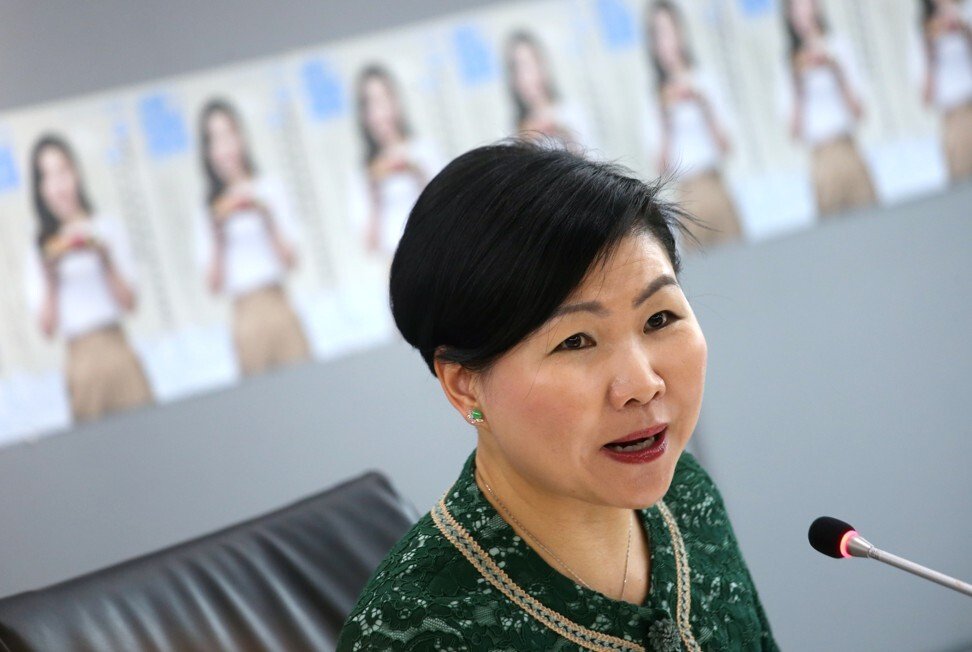
The watchdog also found that 23 of the products had labels claiming nutrient levels that exceeded their actual value by 20 per cent, the maximum tolerance allowed.
Three of the 60 samples were exempted from labelling rules. Wong said the misleading labelling was “not very ideal.”
“Consumers, especially patients who have chronic illness and diabetes, rely on these nutrition labels to purchase the product,” she said.
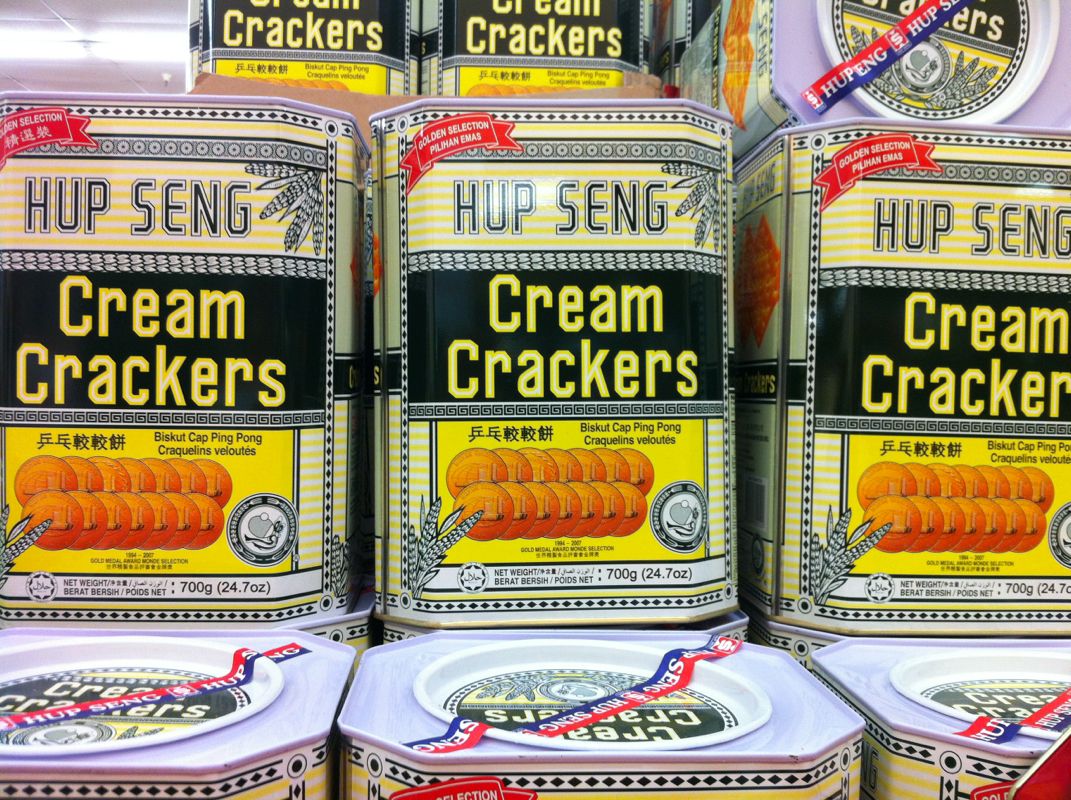
The watchdog suggested consumers considered healthier alternatives when snacking, pointing to fresh fruit, unsalted roasted nuts, seeds and low-sugar soy milk as options.
Biscuits are not a substitute for regular meals, the council added.
As the saying goes, everything in moderation!


 Get Audio+
Get Audio+ Hot FM
Hot FM Kool 101
Kool 101 Eight FM
Eight FM Fly FM
Fly FM Molek FM
Molek FM

